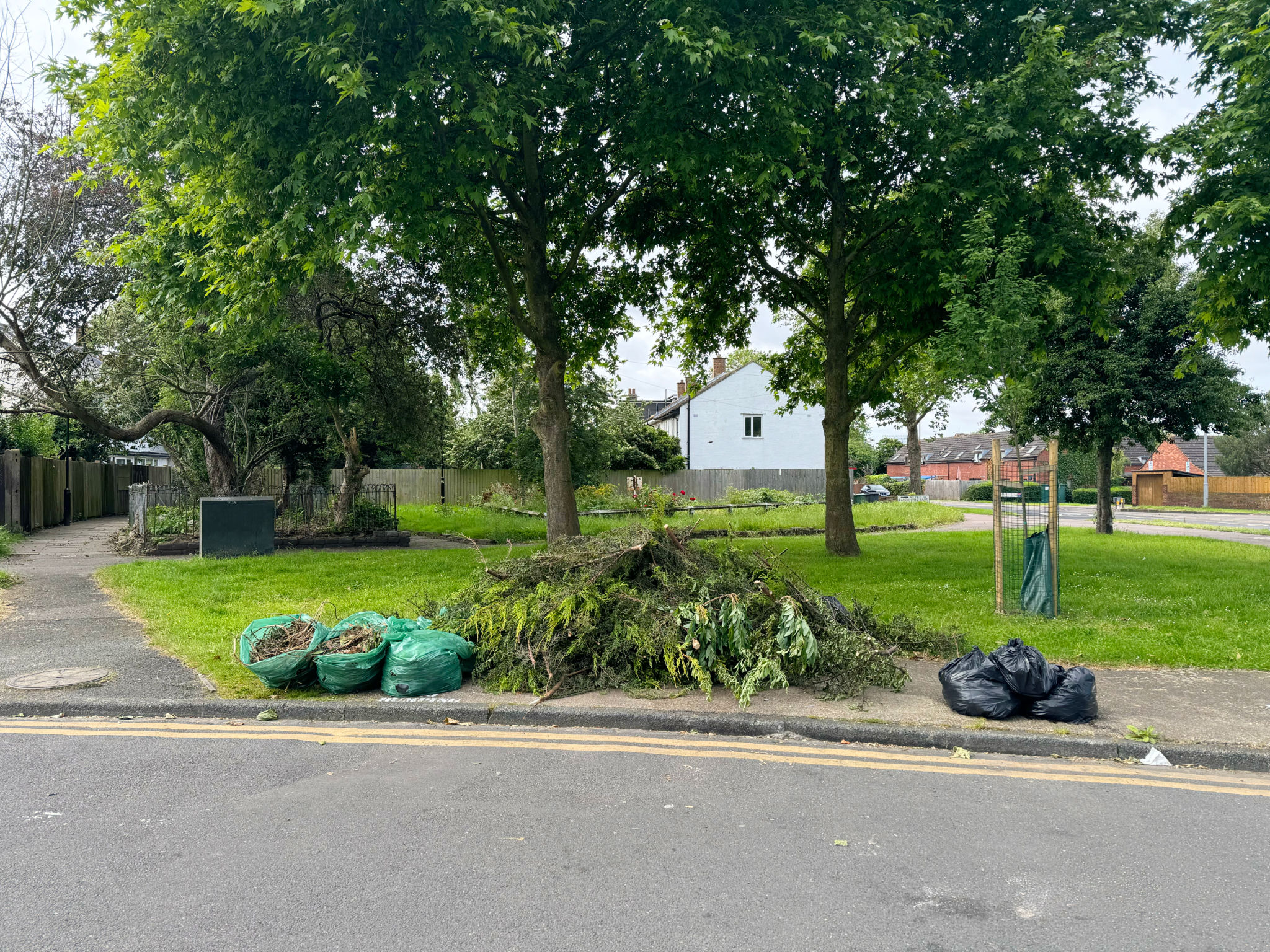A Guide to Waste Management Solutions in London
Understanding Waste Management in London
Waste management is a critical issue in London, a bustling metropolis with a population that generates significant amounts of waste daily. Effective waste management solutions are essential for maintaining public health, environmental sustainability, and overall quality of life. In this guide, we'll explore the various waste management solutions available in London and how they contribute to a cleaner, greener city.

The Importance of Waste Segregation
One of the primary steps in effective waste management is segregation. Segregating waste at the source can significantly reduce the amount of waste that ends up in landfills. In London, residents and businesses are encouraged to separate their waste into categories such as recyclables, organic waste, and general waste. This practice not only helps in recycling but also reduces the environmental impact.
Recycling Initiatives
London has robust recycling initiatives aimed at minimizing the amount of waste sent to landfills. Local councils provide blue bins or bags for recyclable materials, including paper, cardboard, plastics, metals, and glass. By participating in these programs, residents can help reduce pollution and conserve natural resources.

Composting as a Solution
Composting is an excellent way to manage organic waste and reduce landfill usage. Many London boroughs offer composting services, providing bins for kitchen scraps and garden waste. Composting not only reduces the volume of waste but also produces nutrient-rich soil that can be used in gardens and green spaces.
Role of Waste Collection Services
The efficiency of waste management in London heavily relies on the city's waste collection services. Regular collection schedules ensure that waste is promptly removed from residential and commercial areas. Some services also offer special collections for bulky items or hazardous waste, providing convenient and safe disposal options.

Government Policies and Regulations
The government plays a crucial role in shaping waste management practices through policies and regulations. The Greater London Authority has set ambitious targets to reduce waste and increase recycling rates. These policies are designed to encourage sustainable practices among individuals and businesses.
Technology and Innovation
Technology is transforming how London deals with waste. Innovations such as smart bins equipped with sensors can monitor waste levels and optimize collection routes, reducing emissions and improving efficiency. Additionally, digital platforms are being used to educate the public on proper waste disposal practices.
Community Involvement
Community involvement is essential for the success of any waste management program. Local groups often organize clean-up events and awareness campaigns to engage residents and promote responsible waste disposal habits. By participating in these activities, individuals can make a positive impact on their communities.

In conclusion, effective waste management solutions in London depend on a collaborative effort between residents, businesses, government authorities, and community organizations. By adopting sustainable practices and embracing innovative technologies, London can continue to improve its waste management systems and create a healthier environment for all its inhabitants.